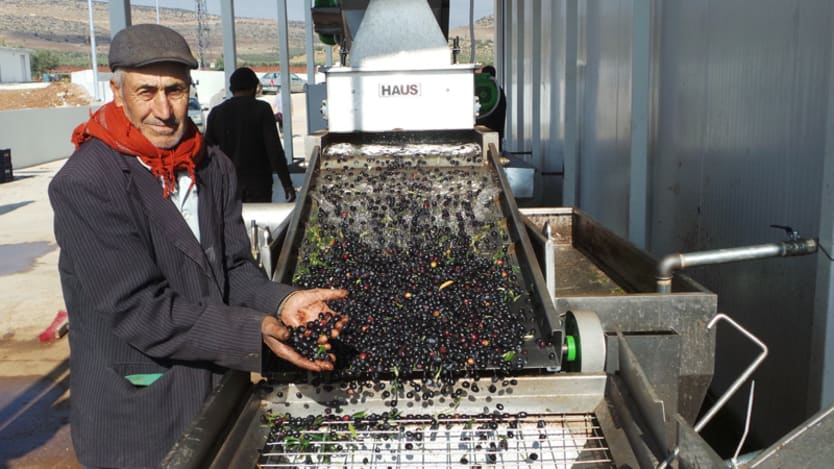
The World Humanitarian Summit and the Supporting Syrians and the Region Conference earlier this year were important milestones in the search for more sustainable responses to complex and protracted crisis. Some of the conclusions and recommendations from both events were even anticipated in the Resilience Development Forum organized under the patronage of the prime minister of Jordan in November 2015 and captured in the Dead Sea Resilience Agenda.
In joint effort, the international community has pledged to ease the region’s economic access to world market and to uphold its generous contributions while the governments in the region have offered to open up their labor markets in an attempt to create 1.1 million jobs by 2018.
The United Nations Development Program, the World Food Program, and the International Labor Organization in close cooperation with the six countries the most affected by the refugee crisis have now undertaken a regional economic opportunity assessment that identifies the challenges to employment creation, maps successful attempts at overcoming them and spells out concrete recommendations to local governments, donors, the private sector and the international community.
The assessment was conducted by national experts in each of the countries — Syria, Jordan, Lebanon, Iraq, Turkey and Egypt — in close consultation with various country partners and other international organizations. Two regional experts and a leading labor economist lead the research effort. This week, its findings will be compiled by country and regionalized with the aim of facilitating cross-country fertilization of knowledge and learning practices about viable approaches to create livelihoods and foster resilience.
The importance of host communities in this exercise cannot be understated. We recognize the tremendous global public good that countries in the region provide. His majesty King Abdullah bin Al Hussein underlined this in an interview with the Jordan Times: “Our priority is to create jobs in governorates, especially refugee-hosting communities.
Accordingly, 75 percent of jobs in these industrial plants are designated for Jordanians.” We welcome the proactive leadership that countries in the region have taken and through this work hope to provide support to national efforts helping both refugees and host communities to stand on their own feet, forming the core of a resilient society.
In time for the United Nations Summit for Refugees and Migrants on Sept. 19 in New York, which will explore ways for a better international response to large movements of refugees and migrants, the assessment will provide regional findings. It will focus on making labor markets more inclusive and attractive to segments of the workforce that do not participate, on removing obstacles and disincentives to formalization of work, and on concrete steps to make the region more attractive to much-needed investment and export demand.
U.N. agencies support countries in the region to address the demographic shock and build social cohesion in all parts of the process from humanitarian assistance and registration to the facilitation of skills exchanges and support for businesses of all sizes. Supporting communities who host refugees and whose lives are impacted most immediately in creating viable and sustainable livelihoods for themselves and their families is core for strengthening resilience in this difficult time. The key principle of these efforts is the building of national capacities to equip countries in the region to face similar shocks now, and in the future, on their own.
Join the Devex community and access more in-depth analysis, breaking news and business advice — and a host of other services — on international development, humanitarian aid and global health.


